It's all fun and games until you catch wind of your cat's foul breath.
Feline halitosis is the medical term describing bad and offensive mouth smell. Often, bad breath in cats may also be accompanied by other symptoms, such as:
- Aggressiveness or irritability
- Excessive drooling
- Sudden weight loss or loss of appetite
- Itching or pawing mouth
If you find one or more of these symptoms in your cat, it means their bad breath is negatively impacting their quality of life. Therefore, promptly addressing the underlying cause of their bad breath is essential to prevent complications.
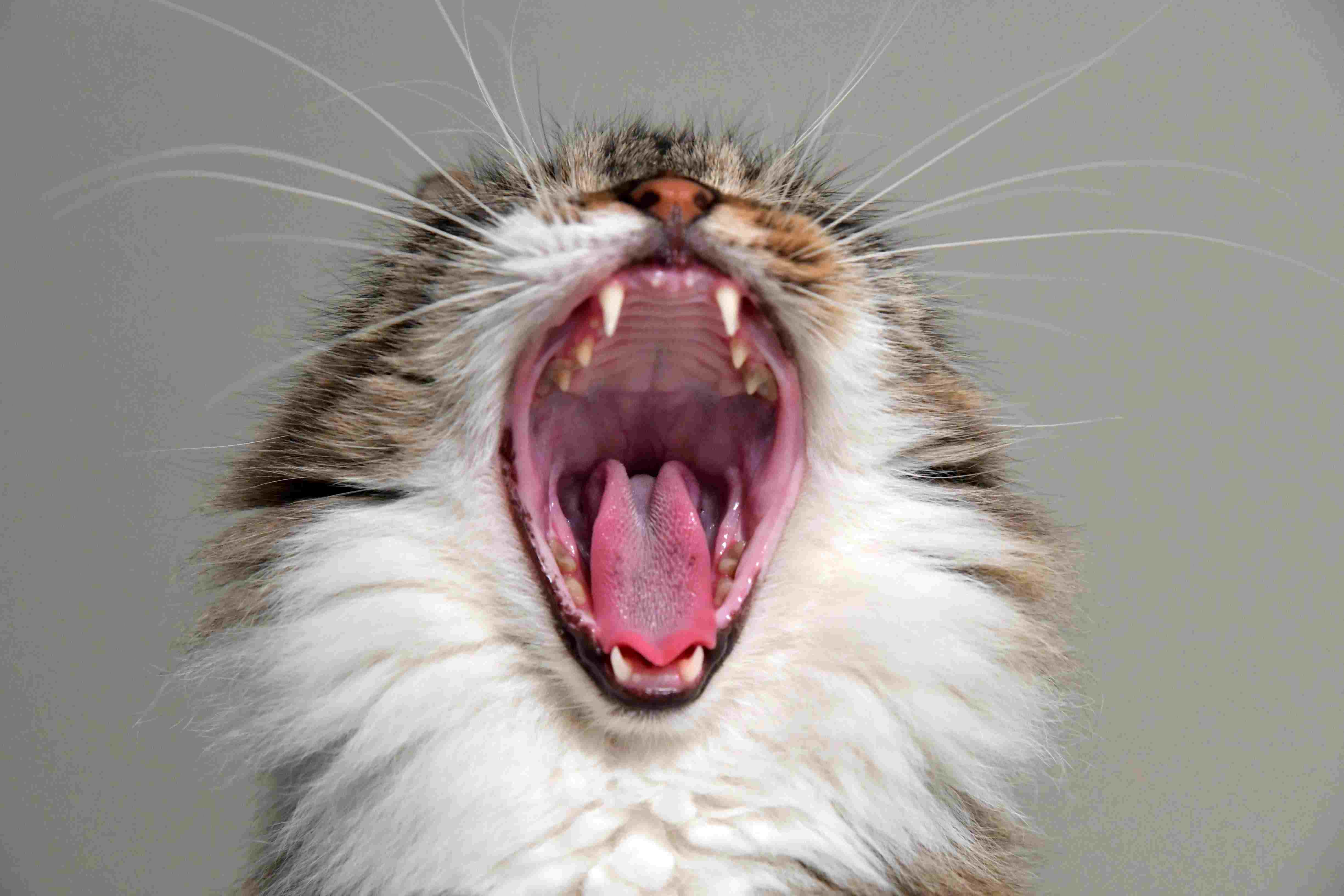
Why does your cat’s mouth stink?
There's no one reason behind bad breath—it's multifactorial. Bad breath may stem from simple causes like poor oral hygiene to more severe conditions like systemic health complications.
Here are the four common reasons behind the off-putting smell of cat breath:
Oral hygiene & brushing technique
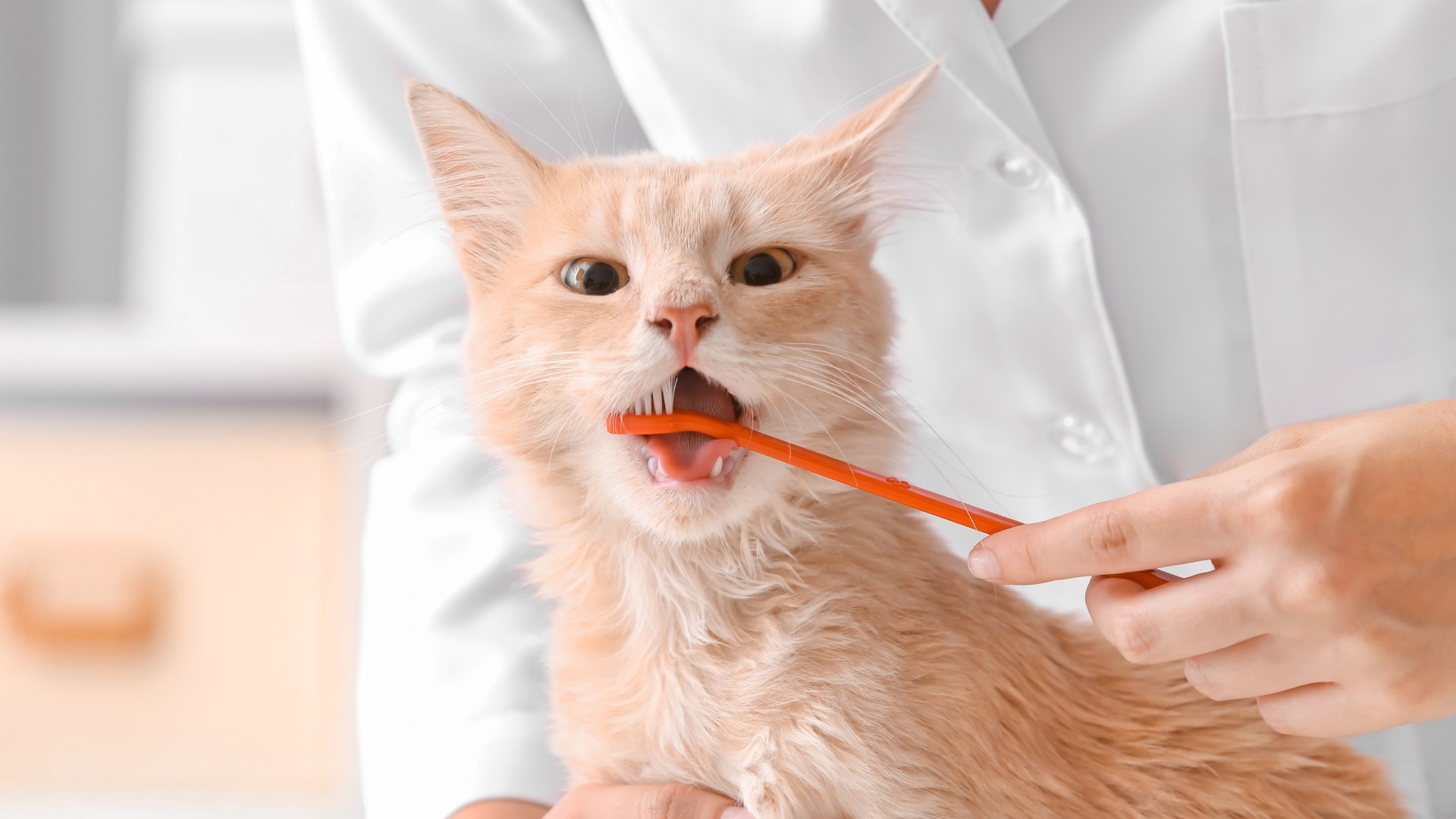
Not brushing your cat's teeth is most definitely the largest contributor to bad breath. Bacteria found on cat teeth and gums help break down leftover food particles. However, they are rapidly growing and odour-producing bacteria.
When your cat's teeth aren't brushed regularly, these bacteria will grow in abundance and result in plaque build-up and bad breath. Henceforth, regular teeth brushing helps remove stains, prevent plaque build-up or periodontal diseases, and result in fresher breath.
Dietary intake
The mouth is essentially a food passage. More than often, food and treats consumed by your cat may get stuck between the teeth or mouth pocket. Moreover, your kitty may have also exposed their teeth to foreign objects like bugs, dust, or other inedible objects throughout the day.
As a result, their breath could have turned unpleasant. Luckily, you can quickly solve it by brushing your cat's teeth well to break down leftover food particles. You should also gently open your cat's mouth to have a good look inside and spot any stuck food or non-food items. This will also help to prevent any secondary infections from happening.
There are various types of cat foods available in Malaysia. Your choice of cat food may also cause halitosis. For instance, if your cat savours on fish-flavoured treats, it's likely for its burp to smell fishy. Therefore, the concern here may be the smelly burp instead of a bad breath.
Try experimenting with different cat food flavours and take note of your cat's breath to identify any correlations.
Dental diseases
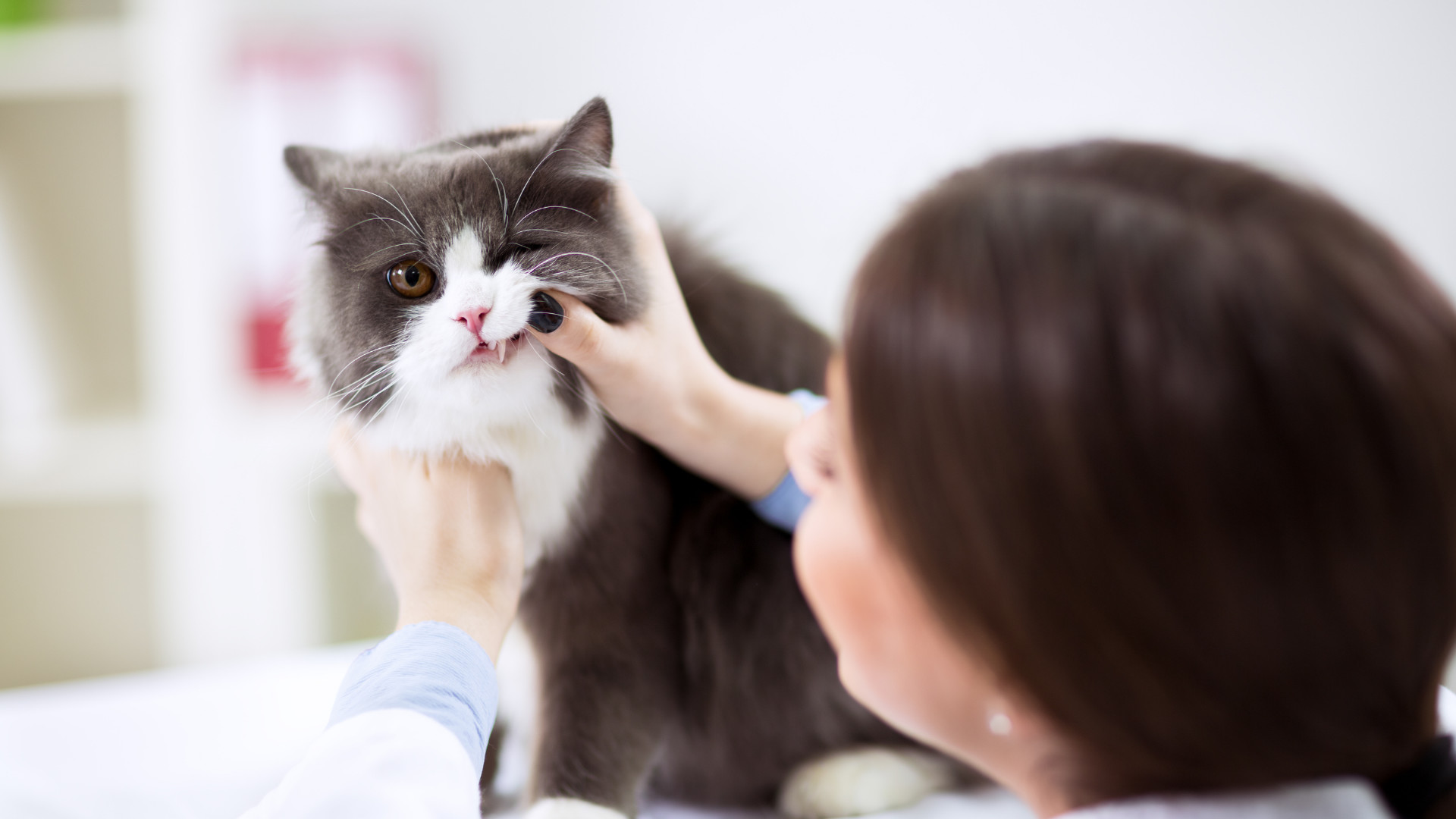
It's estimated that more than 50% of cats older than three years of age suffer from some dental disease. Though not all dental conditions cause halitosis, some do. Infection is the most common dental disease-causing bad breath. When left untreated, the infection progresses into inflammatory diseases such as:
- Gingivitis: inflammation of gums secondary to bacterial plaque development
- Periodontitis: severe gum inflammation due to untreated gingivitis
- Mouth ulcer: open sore on the mouth from viral infections
- Tooth or gum abscess: painful swelling with pus formation
So how do you know if my cat has a mouth infection? The primary symptoms of mouth infection are bad breath, fever, loss of appetite, and unusual lethargy. If you notice these symptoms on your feline friend, bring them to any local Malaysian veterinarian clinic for further assessment and diagnosis.
Systemic health conditions
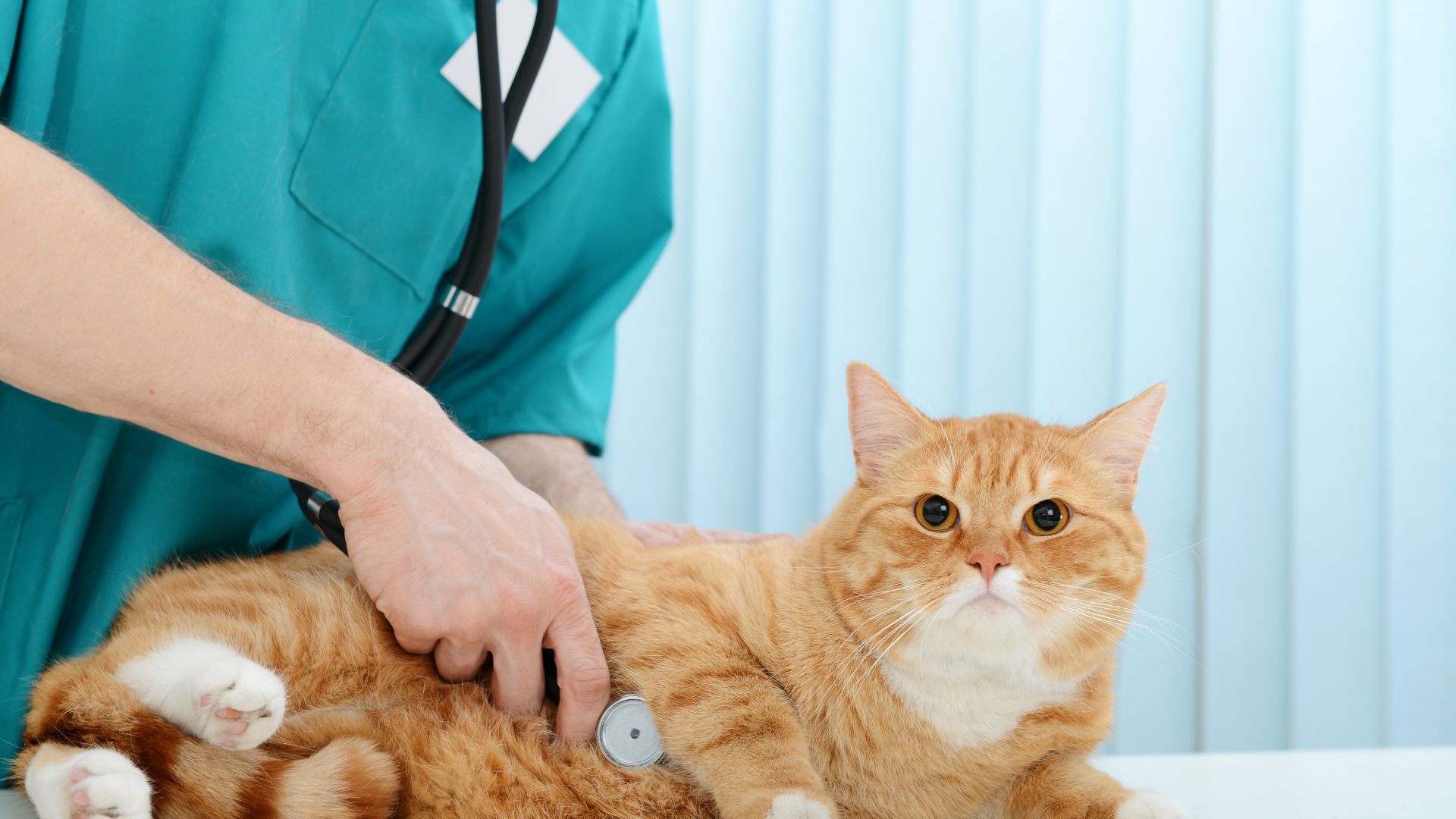
Sometimes bad breath may indicate a more severe and insidious systemic health condition. The best way to identify the underlying problem is to take a closer sniff of your cat's breath and confirm its smell. This is because different smells may be linked to different types of systemic diseases.
Firstly, a sweet breath smell is a sign of diabetes. If this is the case for your cat, look out for other symptoms of feline diabetes, such as frequent urination, increased thirst, and change in body weight.
Furthermore, a pungent urine-line breath smell is an indicator of kidney disease. The smell is likely from ammonia, a chemical substance that's insufficiently excreted due to poor kidney function. In cases as such, your cat may also exhibit symptoms like discoloured eyes, vomiting, and loss of appetite.
Finally, a faecal-smelling breath may be correlated to gastrointestinal problems or obstructions. This condition could be accompanied by vomiting and abdominal pain. If you notice any of these smells in your cat's breath, consult a veterinarian immediately for diagnostic tests.
How can you get rid of your cat’s bad breath?
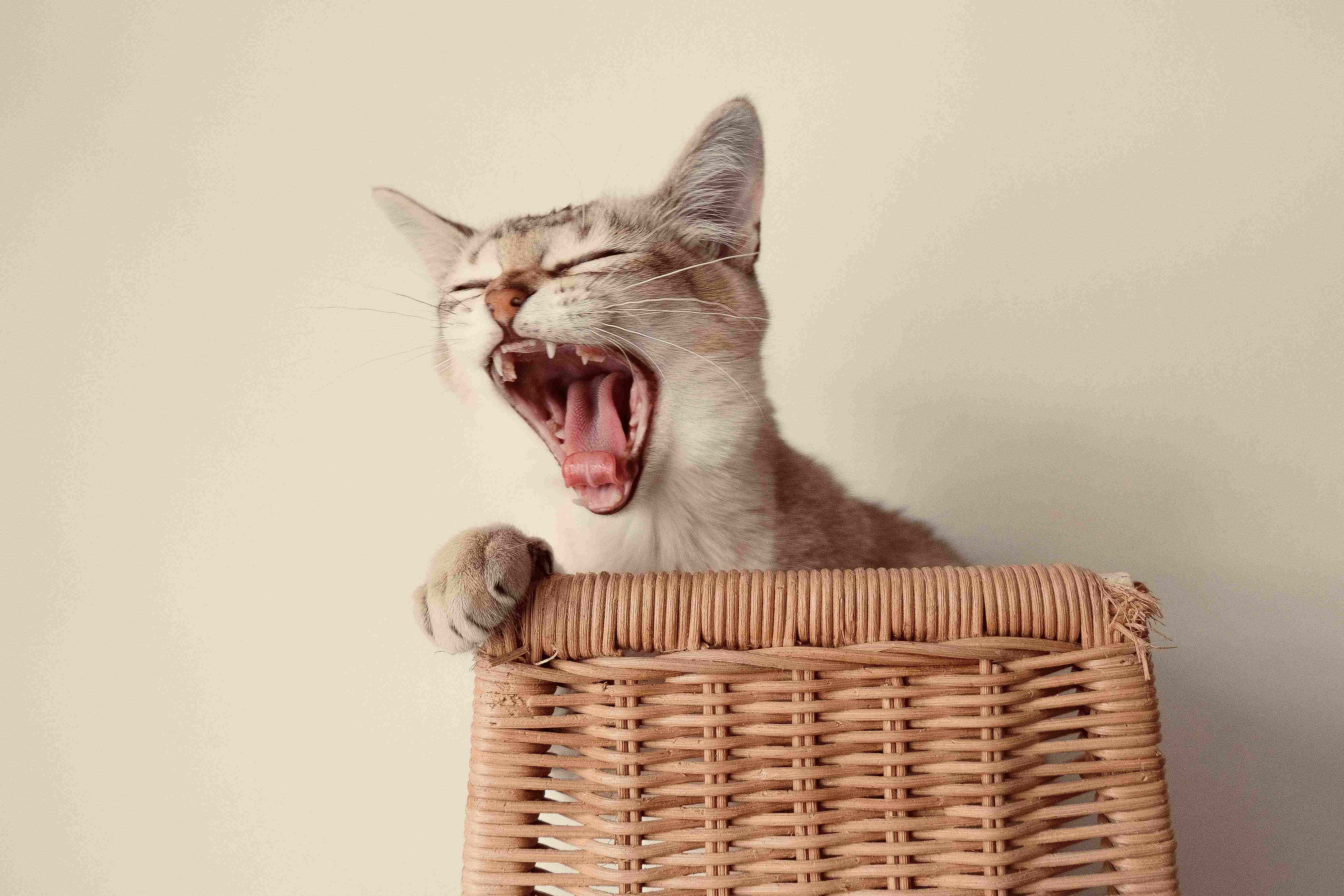
Perform thorough mouth cleaning
Existing plaque build-up and tartar formation are some of the causes of bad breath. That being the case, thoroughly cleaning your cat's teeth helps restore oral hygiene and treat halitosis.
Many grooming centres in Malaysia provide mouth cleaning services, where a professional will clean your cat with appropriate products and equipment. Alternatively, you can also clean your cat's mouth at home with specifically formulated dental gels, toothpaste, and a proper toothbrush.
Consult a veterinarian
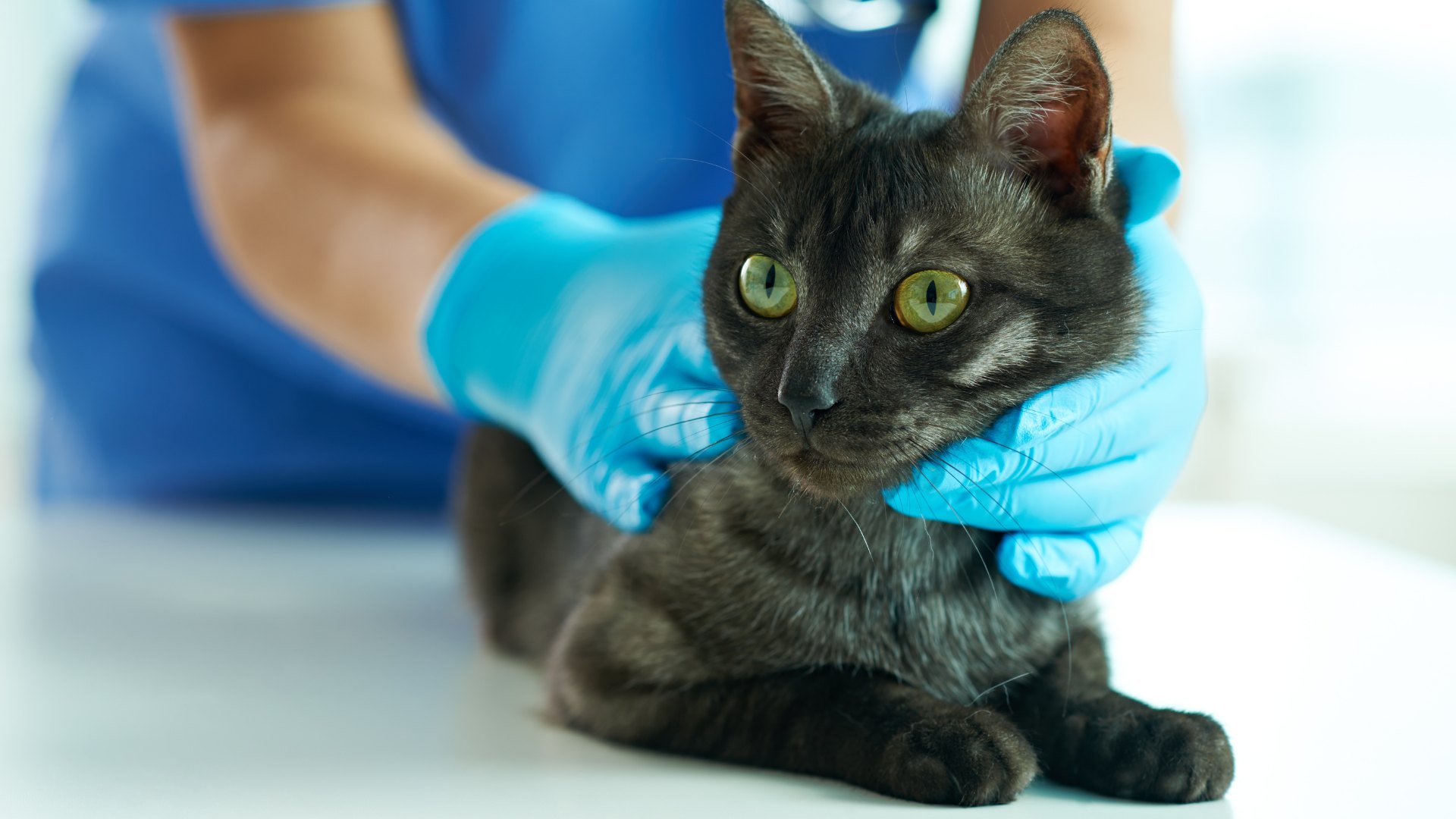
If the case of bad breath in your cat seems concerning, the best option is to go to a veterinary clinic as soon as possible. This allows veterinarians to run a thorough check-up and treat your cat as necessary.
Routine dental examinations are recommended at least twice a year to treat and prevent halitosis occurrence. These visits let veterinarians follow up with your cat periodically and spot any abnormalities at an early stage. Moreover, it also provides you with an opportunity to clarify any doubts you have about the well-being of your feline friend.
How can you prevent cat bad breath?
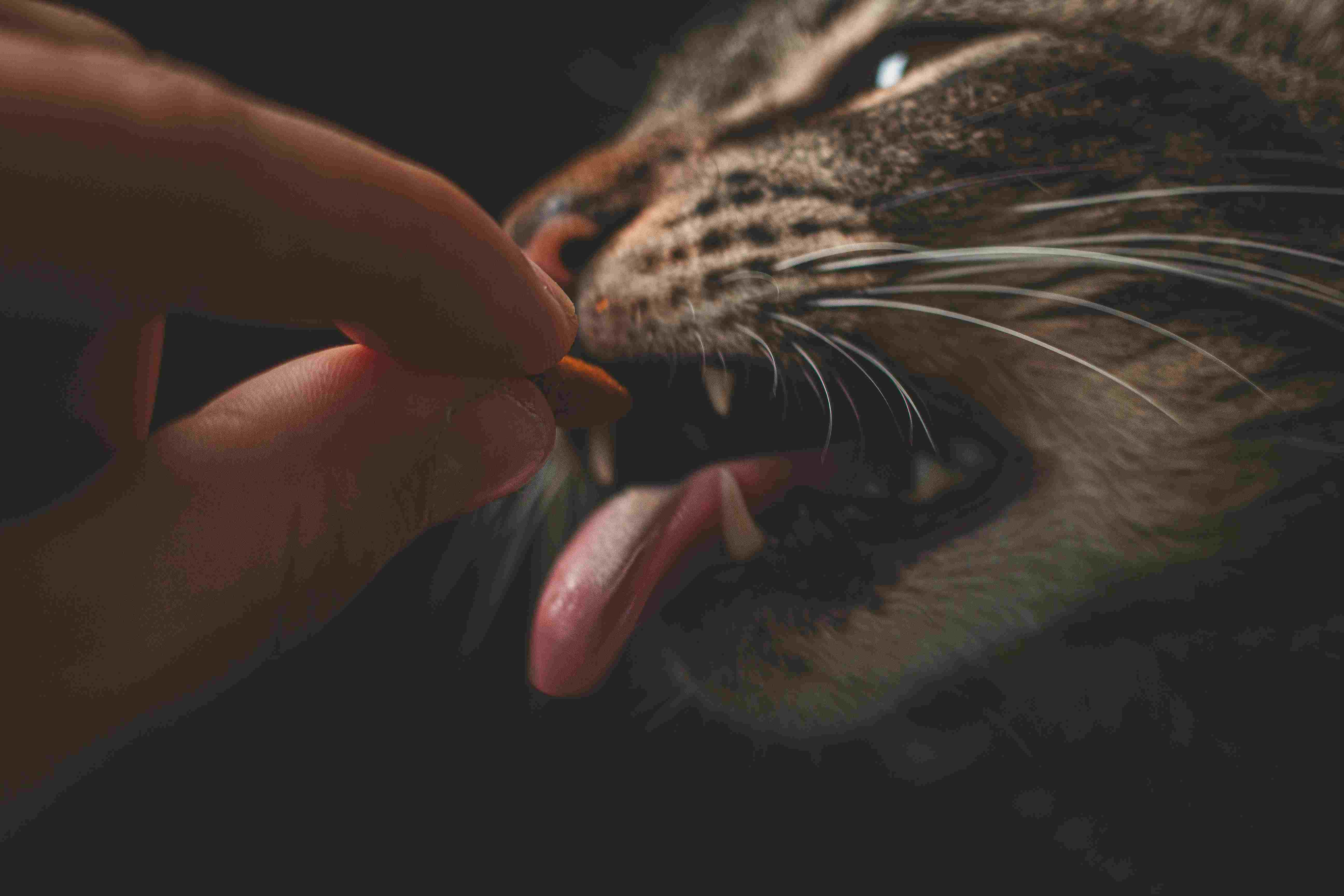
Brush your cat’s teeth regularly
You may be wondering, “Should I clean my cat’s teeth?” Well, the answer is yes! It's recommended that you brush your feline's teeth at least three times a week for optimal care. If your cat is not used to brushing, you need to provide stepwise training for your cat to get familiar with brushing.
Firstly, start using a wet cotton bud to rub the teeth surfaces gently. Once your cat is comfortable, you can begin using toothbrushes specifically designed for cats. Also, make sure you're using pet toothpaste for your cat, as regular human toothpaste is unsafe for cats. Avoid making your cat gargle on Listerine or water, as it increases the risk of choking.
Modify your cat’s diet
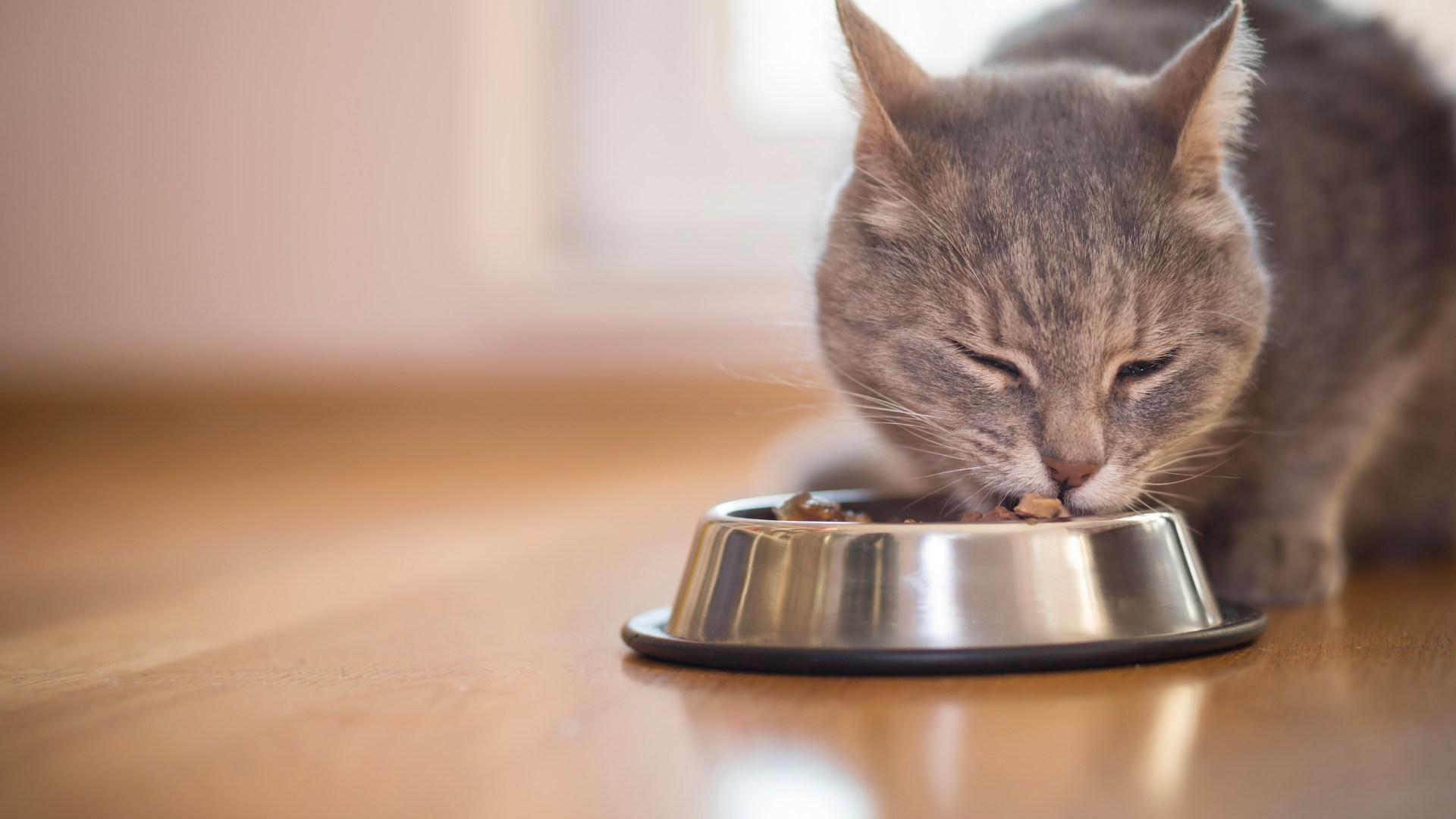
While changing your cat's food may prevent halitosis, it's essential to remember that your cat still has to be adequately nourished. Consider giving your cat treats or chewable that are clinically proven to fight-off plaque and keep a fresh breath.
You can also talk with your cat's veterinarian to get recommendations on a suitable cat diet to prevent halitosis.
Conclusion
It's not a good feeling to have your cat's breath stink. Nonetheless, you can easily solve bad cat breath in most cases. Be patient and trust in the process of treating halitosis. A neutral-smelling cat breath reflects a healthy mouth and a healthy cat—so always aim for it!














